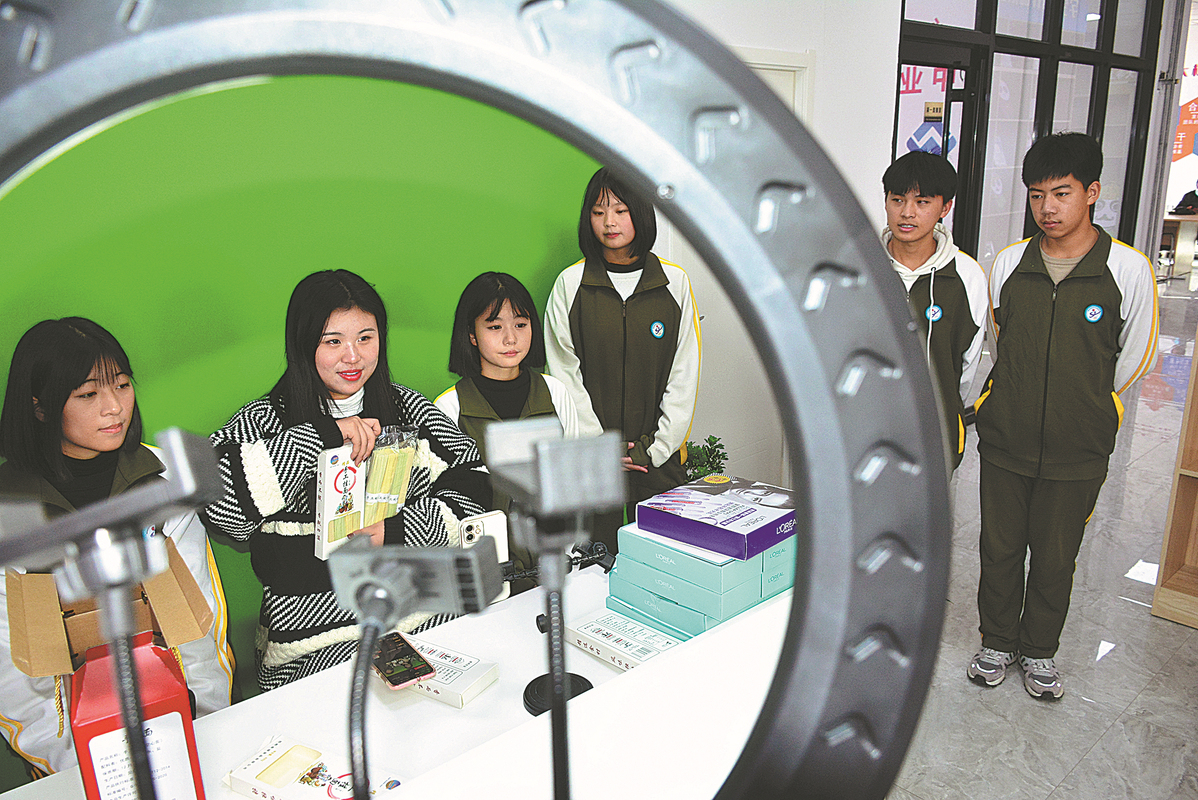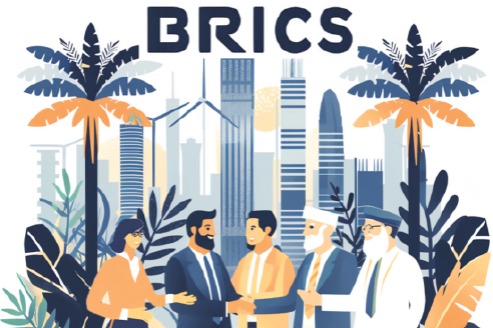Livestreamers no longer stars at '618' gala


The June 18 online shopping festival, the second-most important e-commerce event in China, after the Singles' Day festival on Nov 11, is expected to play a vital role in boosting consumption by stimulating consumers' shopping appetite, and help the economy's recovery amid the resurgence of COVID-19 cases in some places and rising external uncertainties.
The weeks-long mid-year online shopping event, which is called "618" in industry parlance and features promotional campaigns on multiple e-commerce platforms, kicked off in earnest on June 1.
Among various marketing activities, livestreaming has become an important strategy to sell products and services, including on online platforms. In fact, increasing numbers of livestreamers and brands have been flocking to livestreaming rooms.
What really matters in livestreaming shopping is viewership. The size of the audience indicates the number of potential buyers and determines how many transactions a seller is likely to complete. The advantage of online livestreaming shopping is that customers are virtually unlimited, thanks to mobile internet.
Over the years, livestreaming has spawned stars and icons called influencers. These influencers can effectuate online sales worth billions of yuan in a jiffy, becoming multimillionaires themselves in the process.
However, some top-notch livestreaming influencers such as Viya, known as the "queen of China's livestreaming industry" did not declare their real personal income and were compelled to pay massive amounts of unpaid taxes, late fees and penalty for tax evasion. They were all heavily fined, and most of them have vanished from cyberspace.
And on Thursday, Xu Guohao, another livestreaming star, was reported to have been fined for a total of 108 million yuan ($16 million) for avoiding paying due taxes.
Before that, influencers such as Viya were considered too big and too important for the tech platforms and the e-commerce industry to turn against, but the strict response from the authorities suggested otherwise. The industry is still struggling to emerge from the scandal.
The fall of the mega-influencers means a power reshuffle in the industry, as the money and attention they commanded can now be diverted toward smaller players, who may benefit from this year's "618" shopping festival. Platforms such as Alibaba, Douyin and JD have begun to take more practical approaches.
They have rolled out merchant support plans, from immediately transferring payment to merchants that join "618" promotions and ensuring liquidity to reducing service fees and lowering costs. The move is also in line with China's call for online platform companies to help struggling small and medium-sized businesses overcome the multiple challenges facing them.
Despite providing support to smaller sellers, major e-commerce platforms have announced their biggest shopping discounts in recent years. For example, JD, Alibaba and Pinduoduo are offering an immediate 50 yuan ($7.46) discount on every purchase of about 300 yuan on their platforms. On top of that, Pinduoduo has announced an additional 3 billion yuan in red envelopes to be handed out during the festival.
Besides, some local governments have issued digital coupons in a bid to boost consumption during the "618" shopping event.
Thanks to these strategies, consumers could find this year's shopping festival even more attractive. Those who have visited top-tier influencers' livestreaming rooms in the past to look for a bargain have now found they can still get goods at good prices on various platforms.
Given these facts, platforms and retailers participating in the "618" shopping festival should realize that the best strategy to drive up sales is to offer decent prices, high-quality products and good customer service. These factors can still attract consumers to their online stores despite the absence of celebrity livestreamers.
No wonder many e-commerce stores are focused on using their products and services to build up emotional connections with the millions of potential customers rather than only offering discounts in "618" promotions.
Although the capability of livestreaming influencers to promote a brand or product is immense, they are not the panacea for all business ills. If online platforms choose to not hire top livestreamers or use livestreaming at all, and instead offer the best deals, consumers will sill flock to them.
The author is a writer with China Daily.
If you have a specific expertise, or would like to share your thought about our stories, then send us your writings at opinion@chinadaily.com.cn, and comment@chinadaily.com.cn.
































